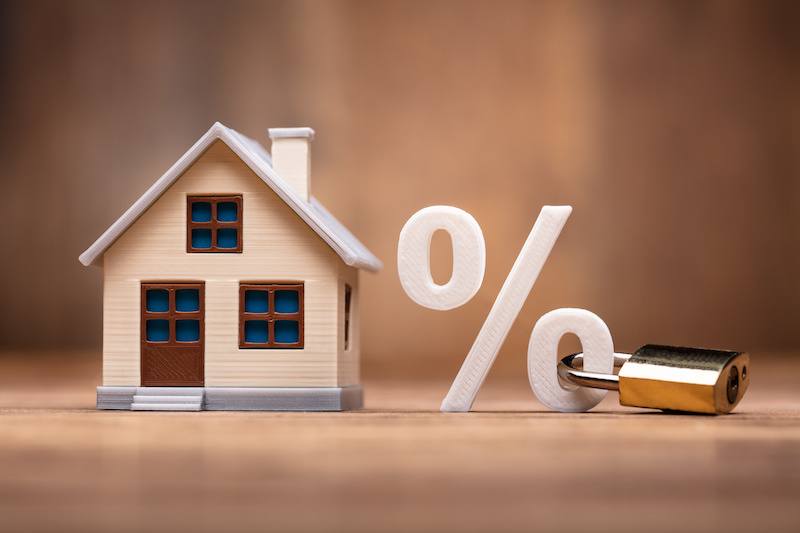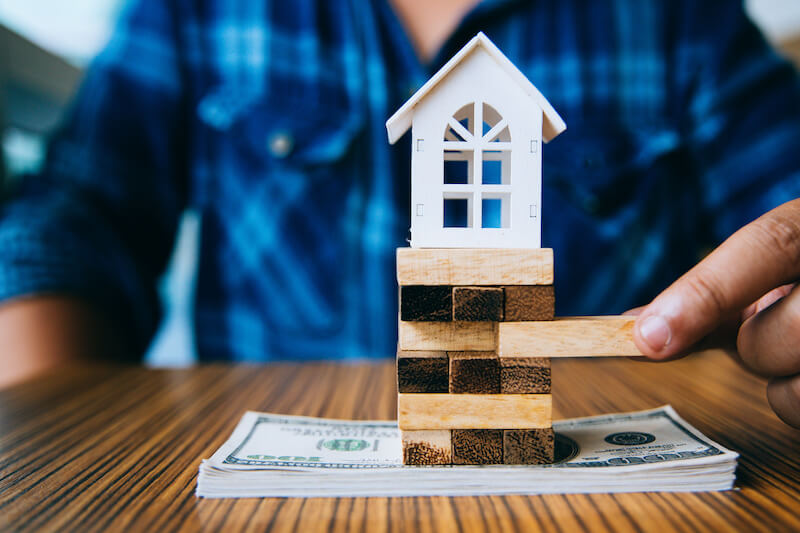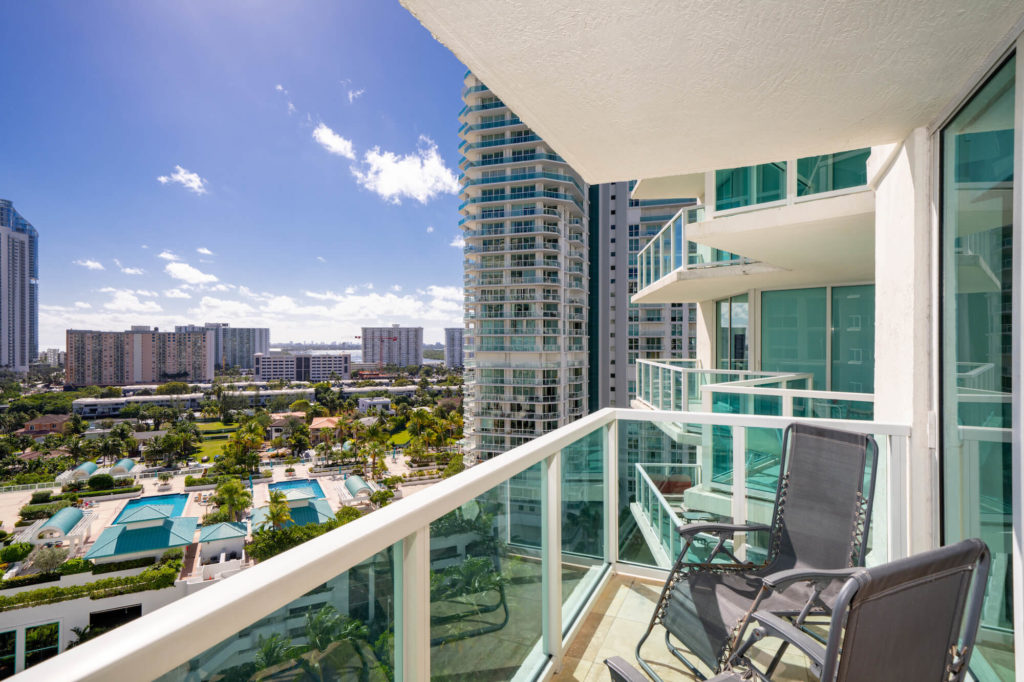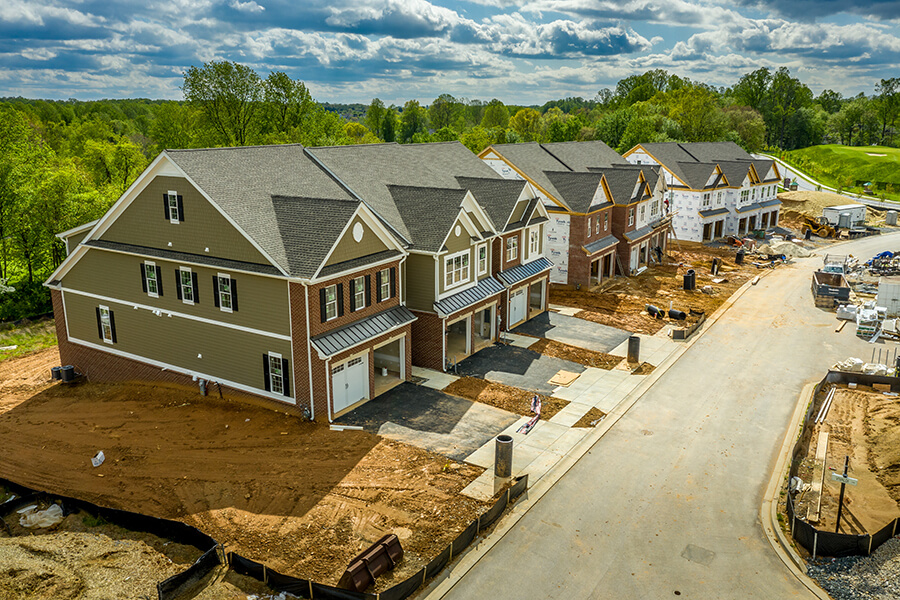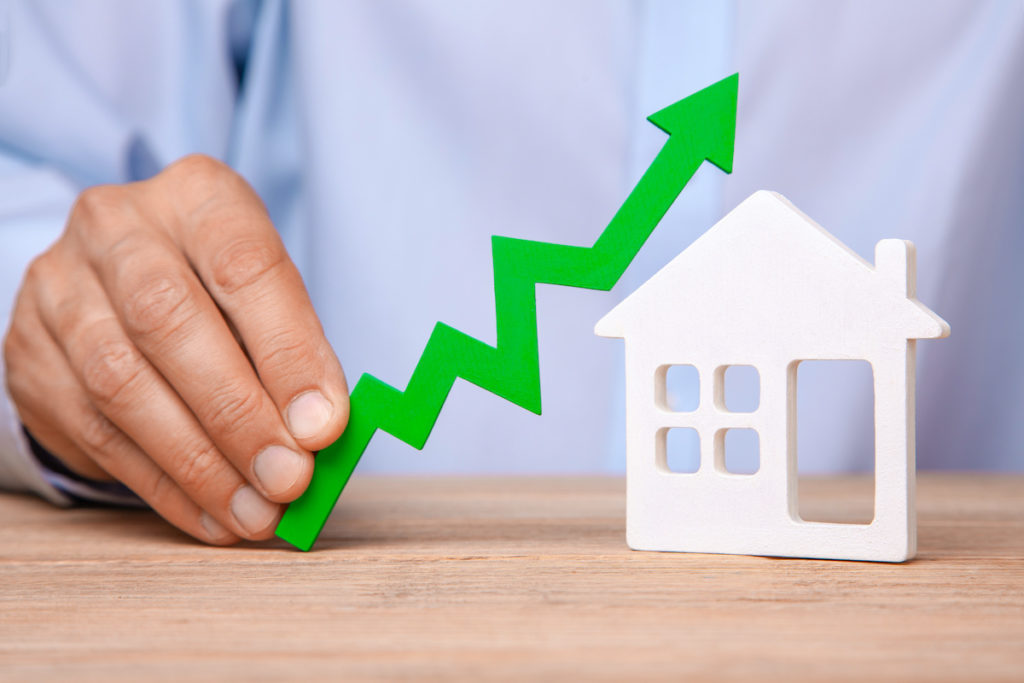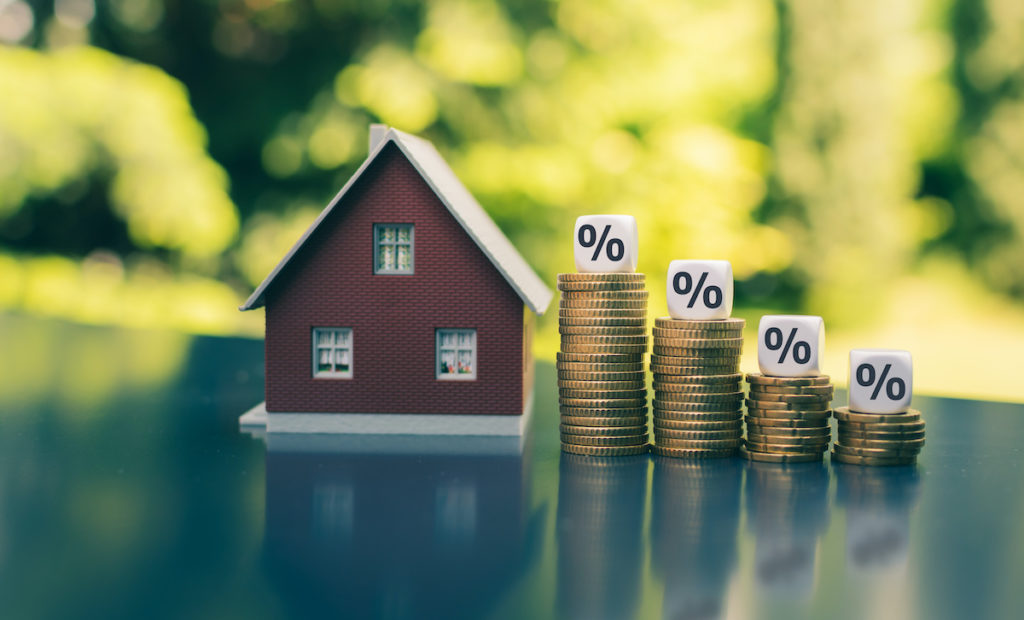With the dust of COVID-19 settled, that means the resumption of mortgage payments for many Americans. In a Covid-19 forbearance real estate market, it may be challenging to know the correct next step after the last couple of years.
Key Takeaways:
- The CARES Act kept homeowners in their homes with mortgage forbearance
- There’s plenty of options to help homeowners transition to repayment
- No one needs to face foreclosure – contact us today to discuss your options!
Mortgage forbearance helped homeowners
The good news is that there’s no bad news! The CARES Act enacted by Congress allowed homeowners to postpone their monthly mortgage payments. This policy worked, because evictions have not been as severe as many feared, and the calamity of the 2008 housing market is not going to repeat itself in 2022.
The Mortgage Bankers Association estimates that approximately 525,000 homeowners are still in forbearance plans. If you are one of those homeowners moving into a post-forbearance future, there’s no reason to panic: plenty of help is available. Let’s look at the different post-forbearance options and determine which one best suits your needs.
The CARES Act changed the mortgage landscape

When the pandemic struck in early 2020, rumors of the 2008 housing crisis repeating itself soon infused nearly every real estate conversation. Understandably, homeowners have been nervous about repeating history, with fears of eviction and potential homelessness genuinely gripping many Americans. However, contrary to the Great Recession, homeowners have been better protected against the uncertainties of the Covid-19 pandemic.
When Congress declared that homeowners could postpone their mortgage payments for 18 months with no penalty (known as forbearance), this singular act of Congress truly benefited the American homeowner. Additionally, many servicers of mortgages not backed by the federal government voluntarily did the same. And with substantially more equity in their homes than they had at the start of the Great Recession, plus the ability to refinance at historic lows during the pandemic, homeowners were in better financial shape to weather the storm.
Understanding your mortgage forbearance repayment options
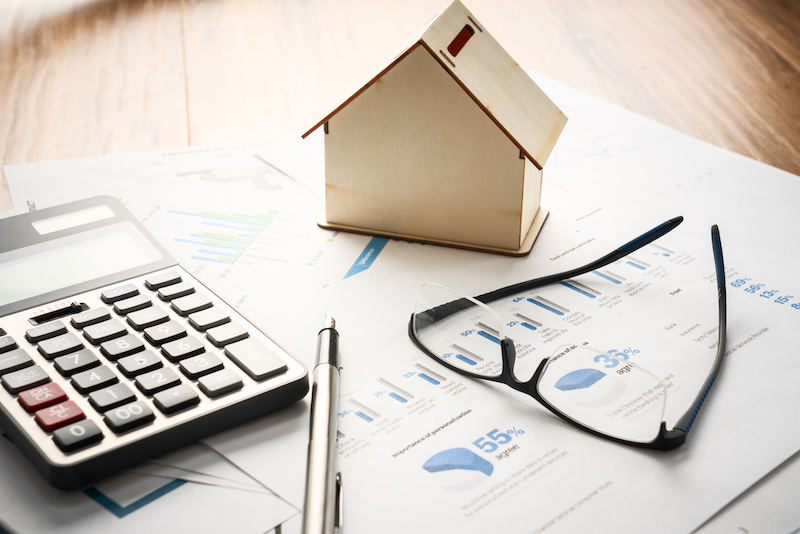
Thankfully you’ve got plenty of helpful options as you move out of forbearance and resume your monthly mortgage payments. Here are five options to restart your mortgage payments:
- A Reinstatement means paying the total forbearance amount all at once. Remember, this is only one option to discuss with your mortgage lender. You do not have to take this option.
- A Repayment Plan allows you to bring your mortgage current over some time (up to 12 months). A repayment plan is an agreement that will enable you to repay the forbearance amount on your mortgage by making additional monthly payments and your regular monthly mortgage payments.
- A COVID-19 Payment Deferral allows you to bring your mortgage current by delaying repayment of forbearance amounts without changing other mortgage terms. This option may be available if you cannot afford a reinstatement or repayment plan. You will not be charged interest on the forbearance amounts. However, all sums will be due if and when the property sells.
- A Loan Modification permanently changes the terms of your actual loan. Some common examples are changes to your interest rate or loan term. But, surprisingly, and in another historic move to ensure the stabilization of the housing market, the Federal Housing Administration (FHA) announced in April of 2022 that homebuyers would be able to select a 40-year mortgage for the first time.
- A Loan Refinance is perhaps one of the more traditional options, and even if you have resolved or are resolving your forbearance plan, you may be eligible to refinance your loan.
Forbearance doesn’t stop you from selling your home

The COVID-19 pandemic produced challenges that impacted homeowners’ ability to make timely mortgage payments. Thankfully, taking advantage of the forbearance doesn’t stop you from selling your home, even if you haven’t restarted payments yet. If you can no longer afford your mortgage, but you’ve built up enough equity in your home, one option is to sell it and use the proceeds to help pay off your mortgage and any missed payments during forbearance.
Make an Informed Decision
With more financing options available today than ever before, there’s no reason to worry about mortgage repayment. Contact us today to find out the true value of your home. Then, you’ll be informed and can make a sound financial decision about what type of mortgage is right for you.
If you are ready to move back into the real estate market to buy or sell, or just need to find out more about Covid-19 forbearance, call us at (918) 665-8559.



